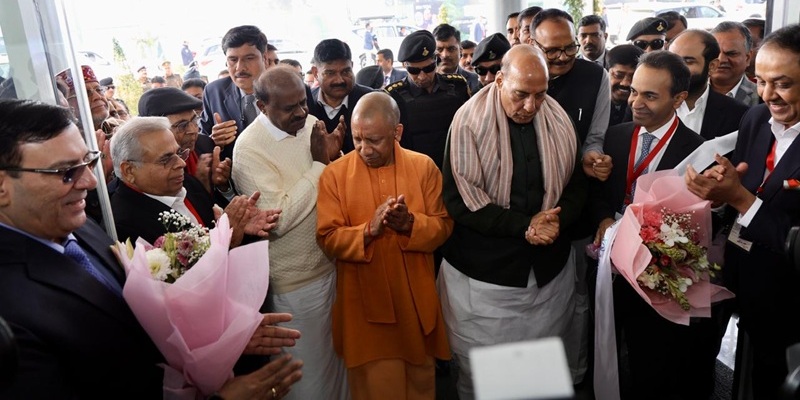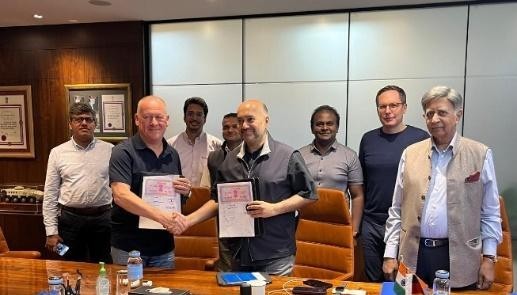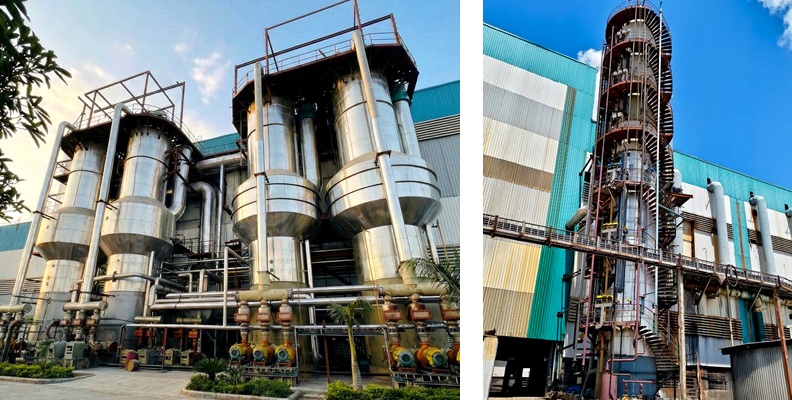Schedule a Call Back
India targets key sectors to reduce import dependence under IPEF
 Industry News
Industry News- Aug 12,24
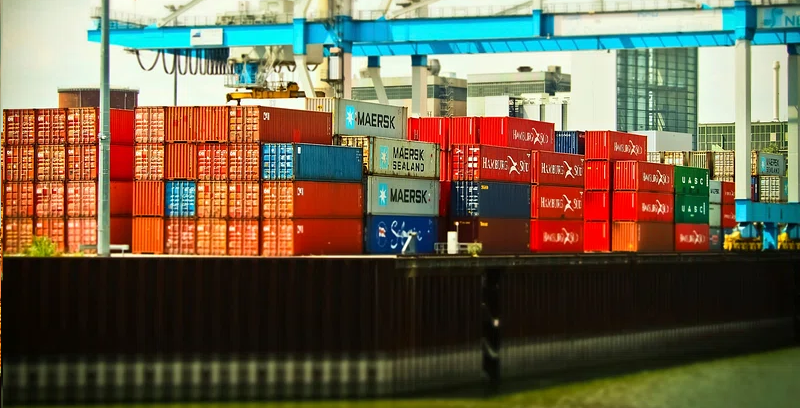
Related Stories

KJSIM Hosts MSME Programme on Quality and Exports
Five-day MDP equips entrepreneurs for global markets
Read more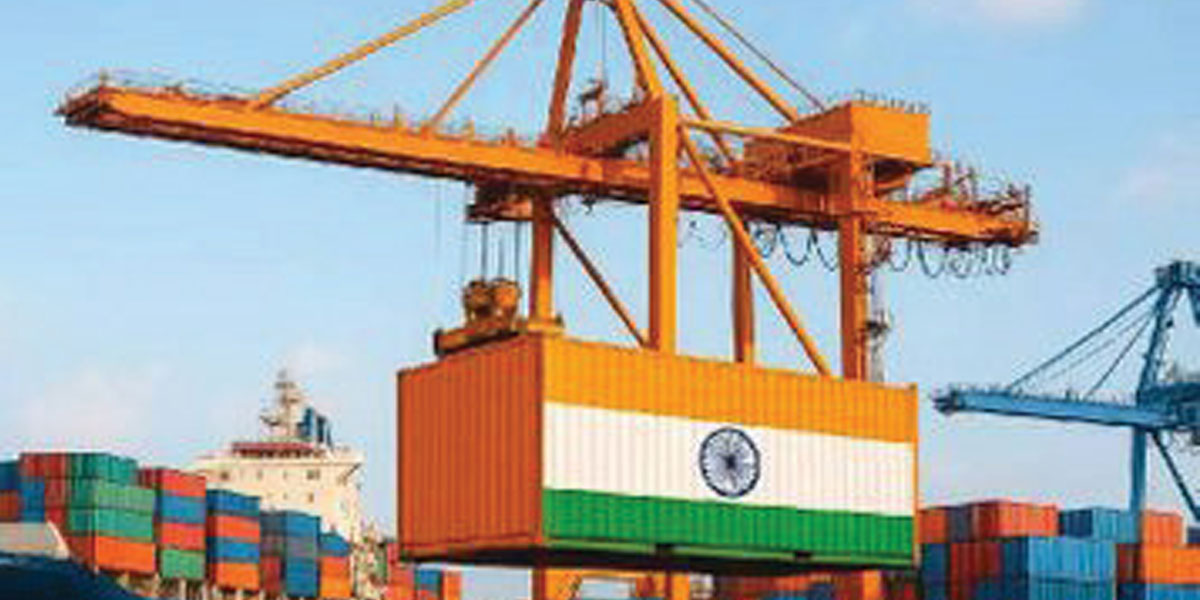
Govt Unveils Rs 72.95bn Export Credit Support Package
Interest subsidy and guarantees to boost MSME exports
Read more
Rewarding Manufacturing Resilience
Effective January 1, 2026, Mexico imposed import duties ranging from 5 per cent to 50 per cent on a broad set of goods from non-free trade agreement (FTA) countries, including India, China, South Ko..
Read more




